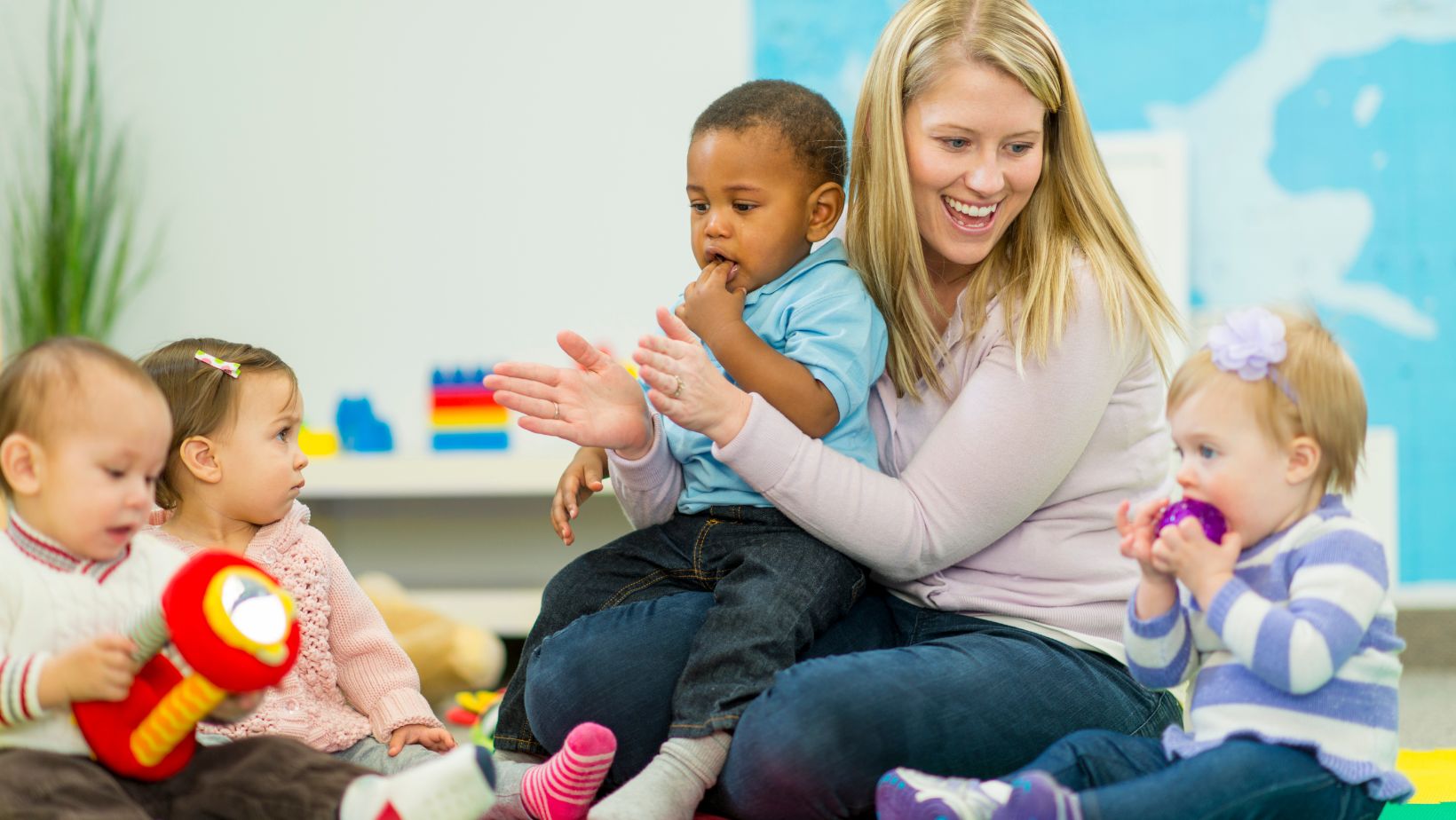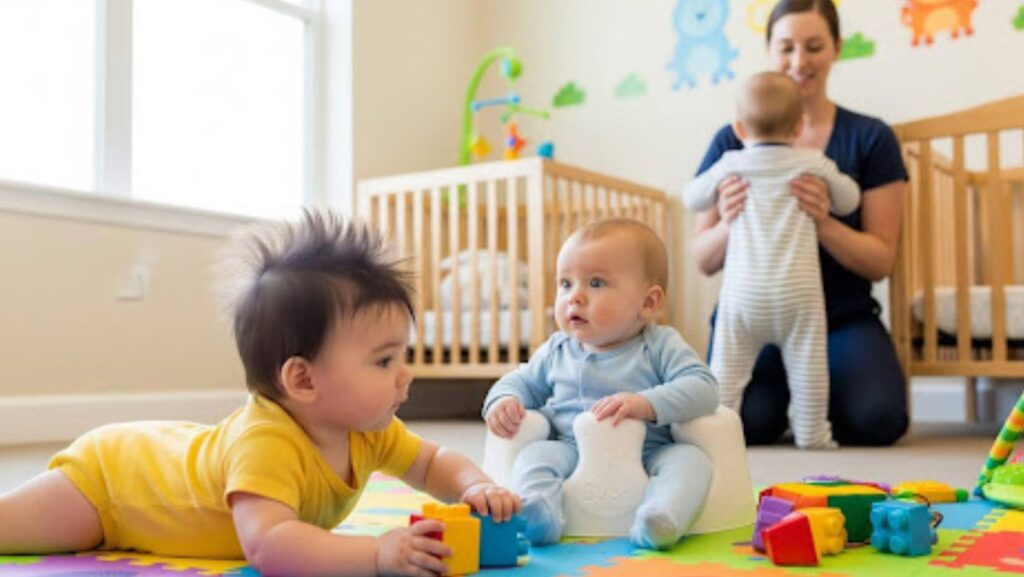Parenting is a profound re-tuning of daily life, not a singular event. Every choice, no matter how minor, is now viewed from a fresh angle of accountability and affection. For the majority of families, re-entering the workforce involves a complex combination of developmental science, emotional well-being, and practical considerations.
Early care decisions are typically fraught with internal turmoil. There is a shift in focus, though, and the conversation now centres on the possibility that a good, structured setting might be a valuable addition to the family, with unique benefits that enrich an infant’s world rather than just keeping it in check.
More Than Supervised Care
In a professional early childhood setting, the term “babysitting” completely misses the mark. These are well-planned settings intended to promote growth in all areas of development, not passive holding areas. Reputable childcare establishments, such as Kids’ Work Chicago Riverview, provide infant daycare in Chicago, operating according to guidelines derived from early education and pediatric scientific studies. Every interaction is seen as an opportunity for connecting communication, including bottle feedings and nappy changes. Intentionally introducing sensory stimulation helps to develop brain pathways, and supervised tummy time helps to strengthen young bodies. This method turns standard care into a series of meaningful, subtle teaching opportunities.
The Social World’s First Classroom
A stable connection is primarily dependent on an infant’s home environment, which is usually peaceful, comfortable, and predictable. A new, delicate layer of social complexity is deliberately introduced in a quality care setting. Even the tiniest infants start learning the fundamentals of social interaction in a small group of peers.

They watch other people, hear various coos and cries, and feel the reciprocal attention from carers. A good foundation for future social confidence, empathy, and the capacity to adjust to novel circumstances outside of one’s immediate family can be established by this early, low-pressure exposure to a microcommunity.
Supporting the Family Ecosystem
A thoughtful daycare decision has a healthy impact on the whole family system. Parents feel relieved knowing their child is in good, loving hands, and this is more so for those who have to balance the hectic workload of modern jobs. It reduces the constant tension of having to juggle between parenting and work deadlines and allows more focused and active engagement during time spent together. This support, which prevents burnout and preserves the mental health of parents, is not a luxury; it is a necessary component of sustainable family well-being in the 21st century.
Structure and Routine’s Gentle Embrace
Babies need flexibility, but a predictable and consistent routine provides the most intense sense of security. This soft structure may be developed easily within the professional day care setting. The days are organized in a normal sequence of eating, playing, sleeping and exploring. This rhythm will assist in establishing a more seamless transition of all the parties involved by regulating the sleeping and emotional state of the newborn. Children like knowing what is in store next, and this external arrangement tends to make them more obedient at home and a more peaceful place.
A Partnership in Development
The concept of a caregiver-parent partnership is one of the most important contemporary developments in early care. It is not a handoff but a partnership. Proficient teachers are shrewd observers and give parents an exclusive understanding of the growing personality, likes and dislikes, as well as milestones of their child. They are a great source of support and provide evidence-based methods of going through sleep regression, the introduction of solids, or separation anxiety. This conversation offers continuity of care and adds to the knowledge of the parent about the unique experience of their child.
Making the Right Choice For Your Family
Choosing an infant care program is a highly personal decision. It requires consideration and confidence. However, by seeing the potential advantages and overcoming the traditional guilt, parents can make an empowered and self-assured choice. The proper environment is a supplement to the home, not a replacement for it. It helps the child grow by bringing in new sounds, textures, and caring interactions while also strengthening the family unit that the youngster is learning to live in. It is ultimately about creating a society that is more welcoming and inclusive rather than choosing to look for an alternative.

